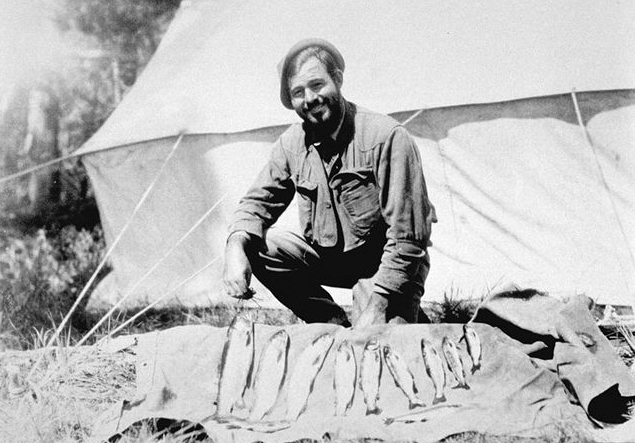I was catching up on MPR Midmorning podcasts recently and they were talking literature…can’t remember precisely what literature but that’s beside the point.
Some guy called in to complain that his high school lit teachers were always pushing books that were so depressing. If they’d assigned more uplifting stories, he argued, English classes might’ve been more interesting.
It sorta gave him the feeling that his teachers were trying to push some kind of agenda.
Yeah, that’s right, high school English teachers are secretly plotting to force depression on our children.
What the guy clearly never grasped was the fact that the vast majority of the really, really good stories are downers.
Think of all the literature you’ve read and list on one hand the uplifting stories and on the other the depressing stories. I’ve done this exercise many times (because I”ve made this argument many times) and the only uplifting example I can ever think of is E.M. Forster‘s A Room with a View
, and that’s not even nearly his best work.
Ernest Hemingway–one of my favorite authors–was plagued by depression (and committed suicide himself), so perhaps it shouldn’t be surprising that his work reflects that tone. Yet though such masterpieces as The Sun Also Rises
and Old Man And The Sea
are decidedly not uplifting, I’ll take the insight they provide into the proverbial human condition any day of the week.
If you pay close attention to most Hollywood movies, you’ll notice that most of them have a happy ending tacked onto the end.
The hero comes back from seeming death.
The guy gets the girl.
Love is requited.
But those endings don’t feel right because they are not the natural ending of the story. All the good stories suck because they’re real, because they reflect life; and in real life, the hero often dies, the guy often doesn’t get the girl, and love remains unrequited.

